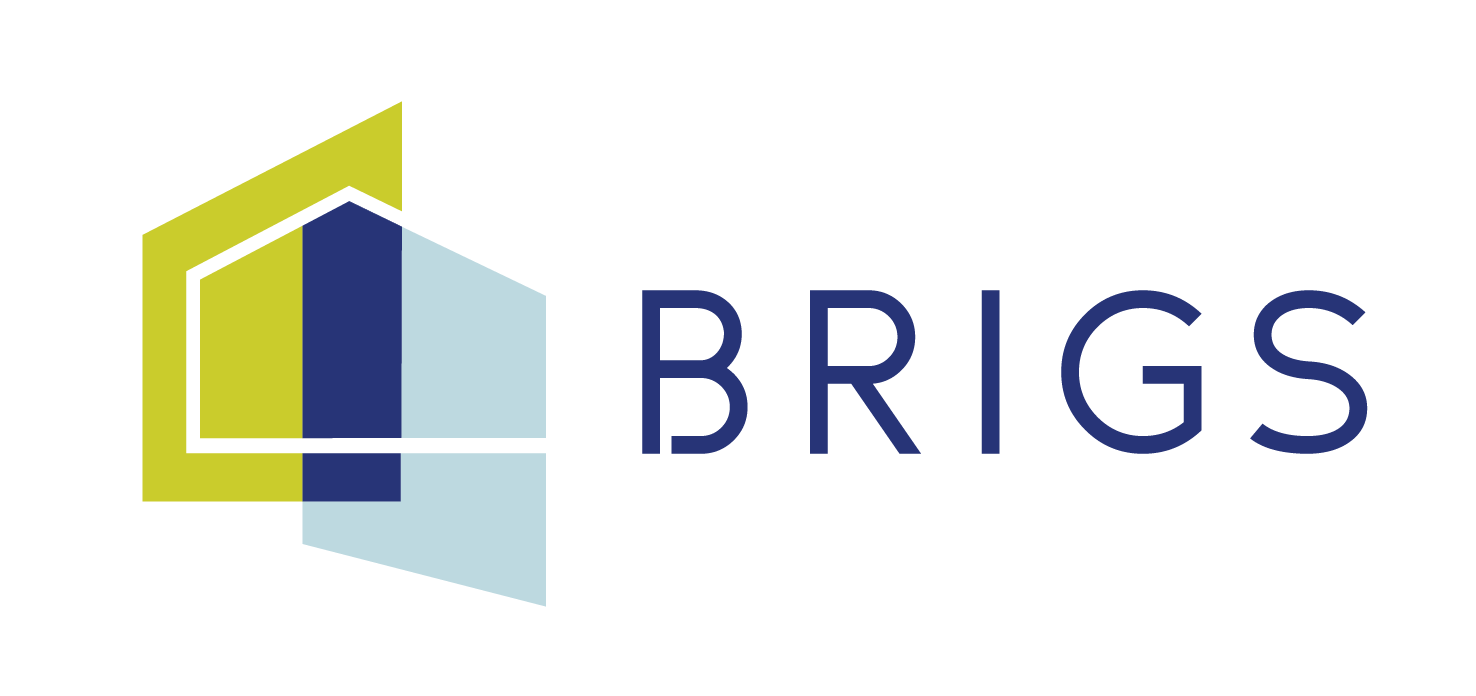What to Look For In An Investment Property
Hi, friends.
If you’re here, you’ve probably heard it before—real estate is one of the best investments you can make. If you’re ready to take the plunge and purchase your first investment property, here are a few of the top things to keep in mind on your search.
Choose your location wisely.
First things first: location. An appealing location is more likely to attract (and keep) renters, so it’s worth prioritizing. Put yourself in the renter’s shoes and take a look at the area—not just the city or town, but the neighborhood itself. Is it safe? Is it close to the job market? What are the schools like? Consider some of the things that rent seekers want the most: restaurants, access to public transit, parks, good schools, places to shop, and necessities like grocery stores and pharmacies nearby. If it ticks a number of those boxes, you’re starting strong.
Consider the condition of the asset.
Now, take a close look at the condition of the asset and consider its age. Remember, you’ll be responsible for all repairs, maintenance and upkeep once you purchase the property—so do your due diligence ahead of time. Oftentimes, there’s money to be made in buying houses that need a little work, but there’s a difference between a moderate renovation and a true fixer-upper. Hire a professional building inspector for an expert opinion.
Calculate the costs.
Don’t forget to crunch some numbers. Rental properties come with a handful of costs, so you’ll want to evaluate the return on your investment with the full picture in mind. Consider things like property taxes, homeowners’ insurance and vacancy rate on top of the mortgage and repairs. If you can charge market rate rent and come out with a positive cash flow, your investment is a good one.
Go for something practical.
Ultimately, you want a reliable source of income—something that the average renter will scoop up if the price is right. Ideally, choose a property with a normal layout, a reasonable ratio of bedrooms to bathrooms, and decent natural light. Avoid quirky properties or any features that give you pause—interesting as these qualities may be, it’s a risk that renters will pass on your property.
Decide how you’ll handle property management.
Are you ready to be a landlord? It comes with a long list of responsibilities, including finding tenants, collecting rent, handling maintenance and repairs, fielding emergencies and more. Some property owners choose to manage it on their own, but many opt for professional property managers to do all of that work for them. Our advice? Leave it to the pros.
Best of luck with your search!
Until next time,
The BRIGS Team


